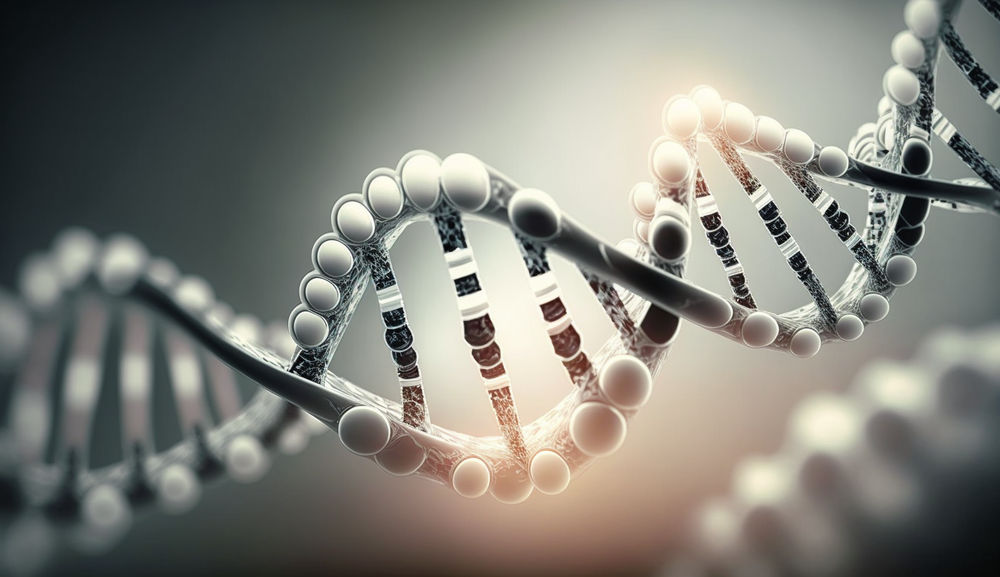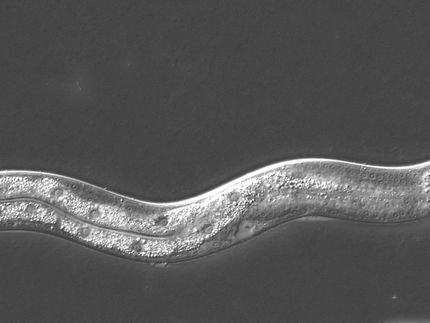New insights into dendron gene delivery
Advertisement
gene therapy has the potential to revolutionise personal medicine but delivering the genes into cells is a major challenge. Dendrons offer a potential solution as their many ligands bind strongly to DNA but now scientists are reporting that smaller dendrons with fewer ligands can actually be better at gene delivery than larger ones.
Previous studies show that larger dendrons bind DNA more strongly than smaller ones because they have a higher positive charge and form more contacts with the DNA. But as large dendrons are more difficult to synthesise, David Smith, at the University of York, UK, and colleagues have been investigating other ways to improve dendron–DNA interactions.
The team designed spermine-functionalised dendrons capable of self-assembling then used multiscale modelling to understand the impact of the self-assembly process on their ability to bind and deliver DNA. Surprisingly, the smaller dendrons were better at binding DNA because they self-assembled more effectively to form an aggregate with a higher charge density. Also, two hydrophobic cholesterol units (rather than one) at the dendron focal point resulted in enhanced gene delivery in vitro. These dendrons assemble into a different shape and pack DNA more effectively, says Smith.
Original publication: Paola Posocco, Sabrina Pricl, Simon Jones, Anna Barnard and David K. Smith; Chem. Sci. 2010.
Other news from the department science
Most read news
More news from our other portals
See the theme worlds for related content
Topic world Gene therapy
Genetic diseases once considered untreatable are now at the center of innovative therapeutic approaches. Research and development of gene therapies in biotech and pharma aim to directly correct or replace defective or missing genes to combat disease at the molecular level. This revolutionary approach promises not only to treat symptoms, but to eliminate the cause of the disease itself.

Topic world Gene therapy
Genetic diseases once considered untreatable are now at the center of innovative therapeutic approaches. Research and development of gene therapies in biotech and pharma aim to directly correct or replace defective or missing genes to combat disease at the molecular level. This revolutionary approach promises not only to treat symptoms, but to eliminate the cause of the disease itself.
























































